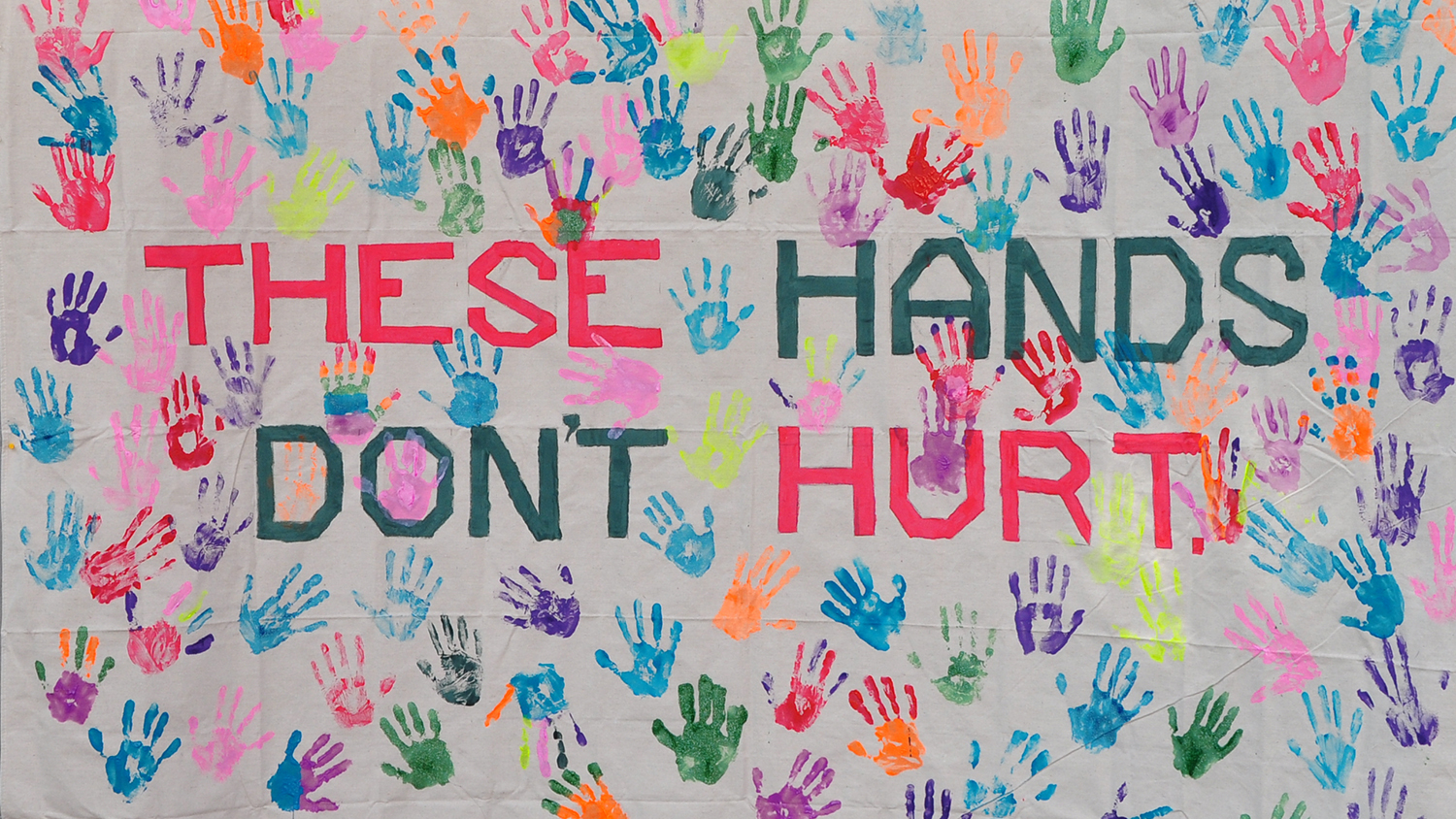
During the COVID-19 pandemic, Domestic Violence Awareness Month (DVAM) is more important than ever. The pandemic has caused disruptions in everyday lives — many are working from home, unemployment has risen and the rate of domestic violence has rapidly increased. Most acts of domestic violence are perpetuated by men, yet it is important to remember that people of all genders, including cis and trans women and men and nonbinary people can be both perpetrators and victims of domestic violence.
Each year, the Women’s Center recognizes Domestic Violence Awareness Month (DVAM) with a full slate of programs and events throughout the month of October. From peer-facilitated learning opportunities and educational workshops to drawing submissions and podcast discussions, there are plenty of opportunities for the NC State community to take part in DVAM.
This year, the Women’s Center is offering a range of virtual opportunities via Zoom, Instagram, and through online submissions to observe DVAM and spread awareness about support and resources available for the NC State community.
These virtual experiences, some of which are listed below, range from specific opportunities for students who identify as survivors or who have experienced IPV, to opportunities for students, faculty and staff to learn to be better allies and advocates.
- Join The Movement peer educators for a variety of events for students. Attend workshops on Healthy Relationships 101 and IPV in the South Asian Community or tune in to @ncsu_themovement on Instagram Live on Oct, 12-15 at noon for the virtual Silent Witness project and Oct. 31 from 1–1:30 p.m. for Candy, Condoms and Consent; learn more about consent and have a chance to win some Women’s Center swag.
- Submit your very own coloring book page for the Women’s Center first edition “The Colors of Healing” coloring book. Submissions can be hand drawn or digital and represent healing, growth, strength and empowerment. Learn more at go.ncsu.edu/dvam-coloringbook.
- Attend our podcast Lunch & Learn featuring Reckonings, podcast episode 21 on how a survivor and a perpetrator find justice through campus prevention education programming and a restorative justice process. Register to learn more about restorative justice and creating campus change.
Visit go.ncsu.edu/dvam to see our full calendar of events, more information and how to register or participate throughout the month of October. It takes all of us to end domestic and dating violence in our community.
How to Seek Help
If you or someone you know is experiencing relationship violence, sexual violence, stalking or any other form of interpersonal violence and are in need of advocacy services, the Women’s Center has trained advocates available to offer crisis intervention, emotional support, resources and referrals. Students can contact the 24/7 Sexual Assault Helpline at 919-515-4444 or ncsuadvocate@ncsu.edu to be connected with an advocate for remote support via phone, Zoom or Google Hangout.
Advocacy services through the Women’s Center are available for all students inclusive of all gender identities and sexual orientations.
- For more information on advocacy services, please visit go.ncsu.edu/supportsurvivors. You may also visit go.ncsu.edu/safe for additional information on resources and reporting options.
Skye Sarac is an undergraduate intern in the Women’s Center. Carlyn Wright-Eakes is the interpersonal violence prevention education coordinator in the Women’s Center.